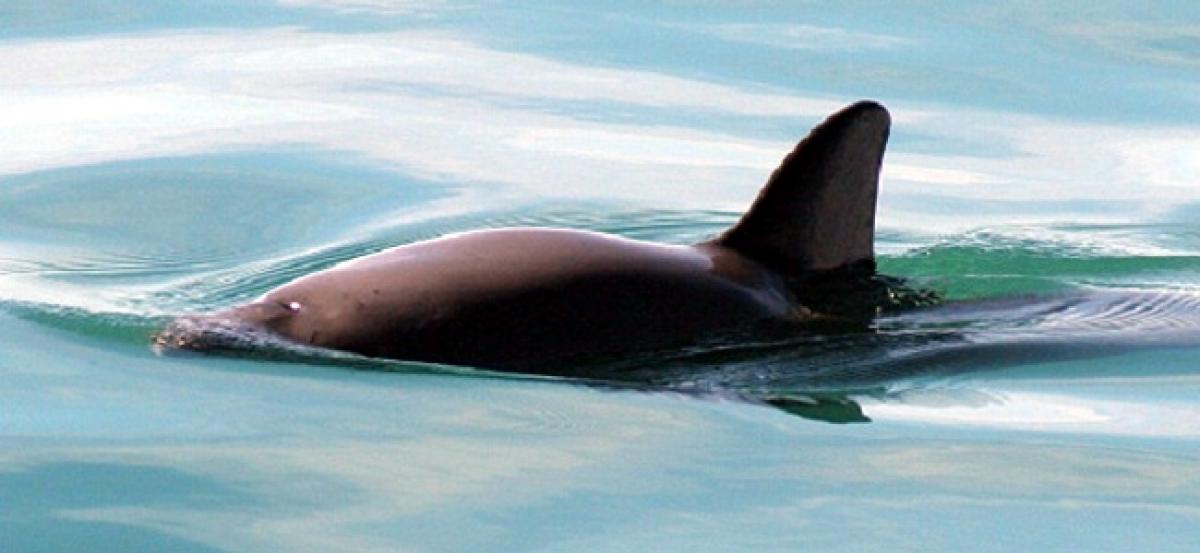Live
- Sharad Pawar makes a soul-stirring plea 'to regain the glory of progressive Maharashtra'
- Seven soldiers killed in attack on Pak military camp in Balochistan
- ICC announces 2025 Men’s Champions Trophy tour to begin in Islamabad
- Americans increasingly vote along class lines, not racial ones: Report
- Chandrababu's brother Rammurthy Naidu Passes Away in Hyderabad
- Russia restricts enriched uranium exports to US
- South African President orders immediate closure of tuck shops linked to food poisoning cases
- Study explains mechanisms behind food poisoning, gut infections
- Telangana residential school student commits suicide
- Cases of 'walking pneumonia' rise in US capital, joining national trend









